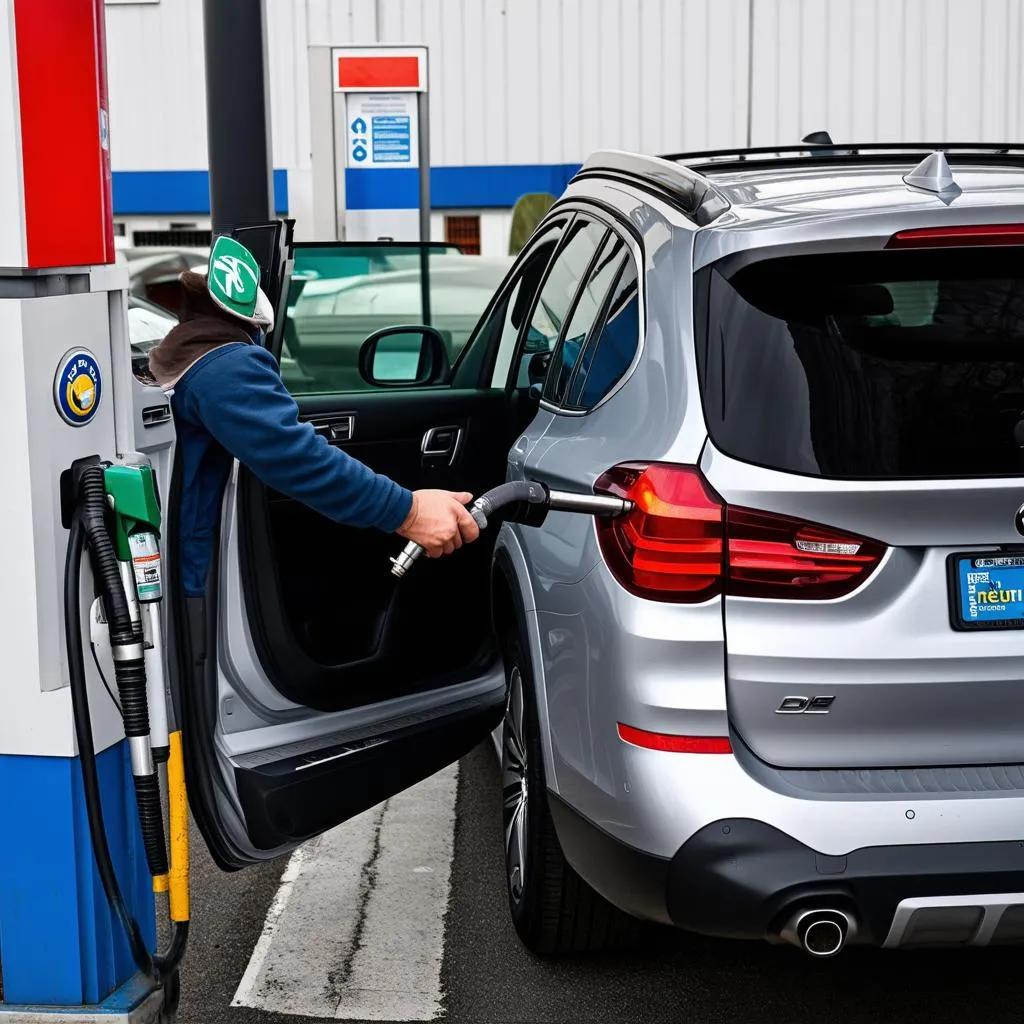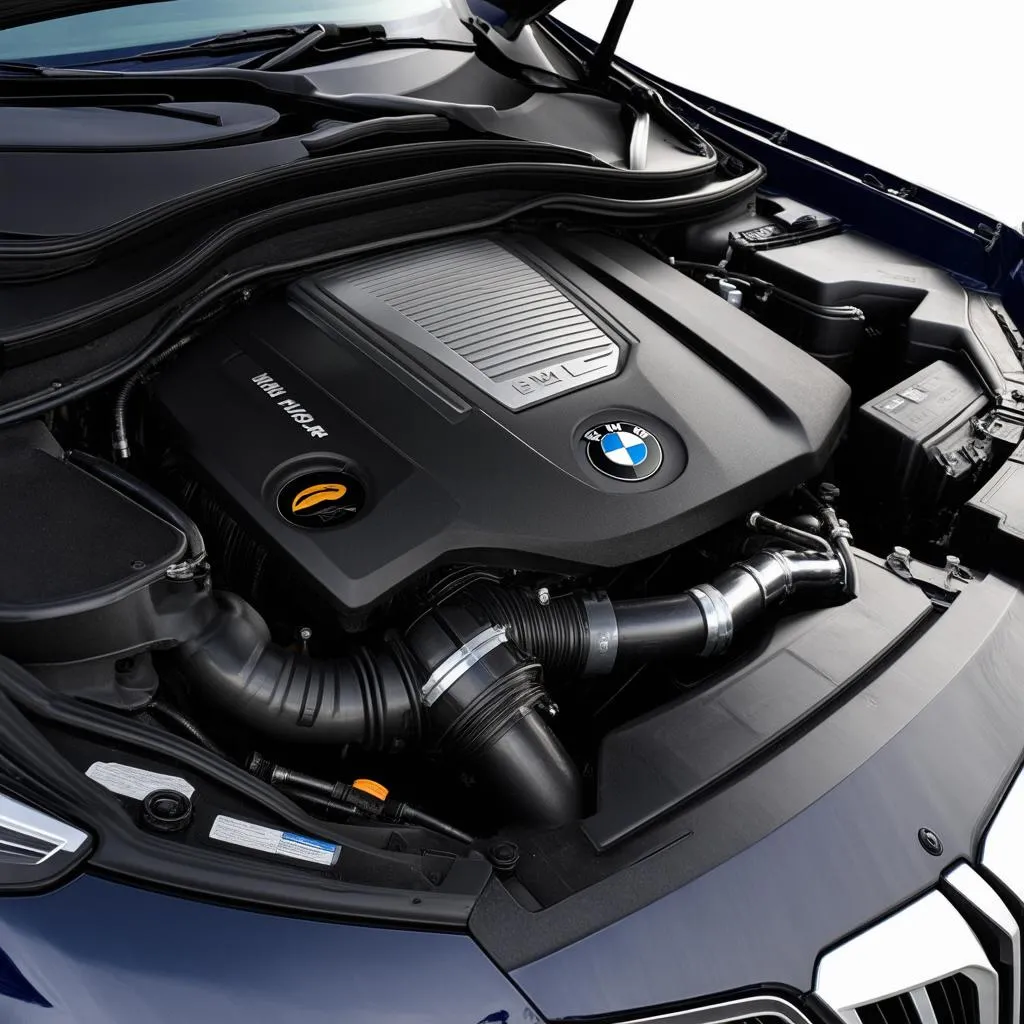Does the BMW X3 Need Premium Gas? Unlocking the Octane Truth
You’re cruising down the California coast in your sleek BMW X3, the Pacific wind whipping through your hair. You pull into a gas station, greeted by the usual trio of fuel options: Regular, Plus, and Premium. A wave of doubt washes over you – do you really need to splurge on the pricey Premium stuff, or will Regular do the trick? This dilemma, my friend, is more common than you think.
Decoding the Premium Gas Puzzle for Your BMW X3
Let’s face it, the “Premium Gas Only” sticker staring back from your fuel door can feel like a whispered threat to your wallet. But understanding why BMW recommends it, and if it truly matters for your X3, requires diving a bit deeper.
What the Mechanics Say
Think of your X3’s engine as a finely-tuned orchestra, and the fuel as its sheet music. Premium gas, with its higher octane rating, is designed to resist knocking or premature detonation. “Knocking” is like a discordant clang in the engine, leading to reduced performance and potential damage over time.
“Modern BMW engines, especially those with turbochargers like many X3 models, are calibrated for the optimal performance achievable with higher octane fuel,” explains automotive engineer Dr. Sarah Chen, author of “The Engine Whisperer.” “While using regular gas might not result in immediate catastrophe, it can lead to decreased fuel efficiency, sluggish acceleration, and in the long run, potential engine wear.”
The Economics of Octane
Now, let’s talk dollars and cents. Yes, Premium gas comes with a higher price tag. But think of it as an investment in your X3’s performance and longevity. The slight increase in cost per gallon might be offset by improved fuel efficiency, meaning fewer trips to the pump.
Your X3, Your Choice
The truth is, whether or not your BMW X3 absolutely requires premium gas depends on several factors, including the model year, engine type, and even your driving habits.
Here are some scenarios to consider:
- Older X3 with a naturally aspirated engine? You might be able to get away with regular gas without significant downsides.
- Newer X3 with a turbocharged engine? Sticking to premium is highly recommended to maximize performance and engine life.
- Mostly city driving with occasional highway sprints? You might experience some engine knocking with regular gas, especially under heavy acceleration.
What to Do When You’re in a Pinch
Life happens, and sometimes you find yourself at a gas station with only regular fuel available. While not ideal, a one-time fill-up with regular gas likely won’t spell doom for your X3. However, avoid making it a habit.
Got More Questions About Your BMW X3?
- Curious about the intricate workings of the BMW B58 engine found in many X3 models? Delve deeper with our comprehensive BMW B58 Wiki.
- Experiencing issues with your 2007 BMW X3’s catalytic converter? Find solutions and expert advice in our dedicated article on 2007 BMW X3 catalytic converter problems.
 BMW X3 Fueling
BMW X3 Fueling
 BMW X3 Engine
BMW X3 Engine
Need expert guidance on the best fuel choice for your specific BMW X3 model? Don’t hesitate to reach out to our team of automotive specialists via WhatsApp at +84767531508. We’re here to help you keep your X3 running smoothly and efficiently for miles to come.
